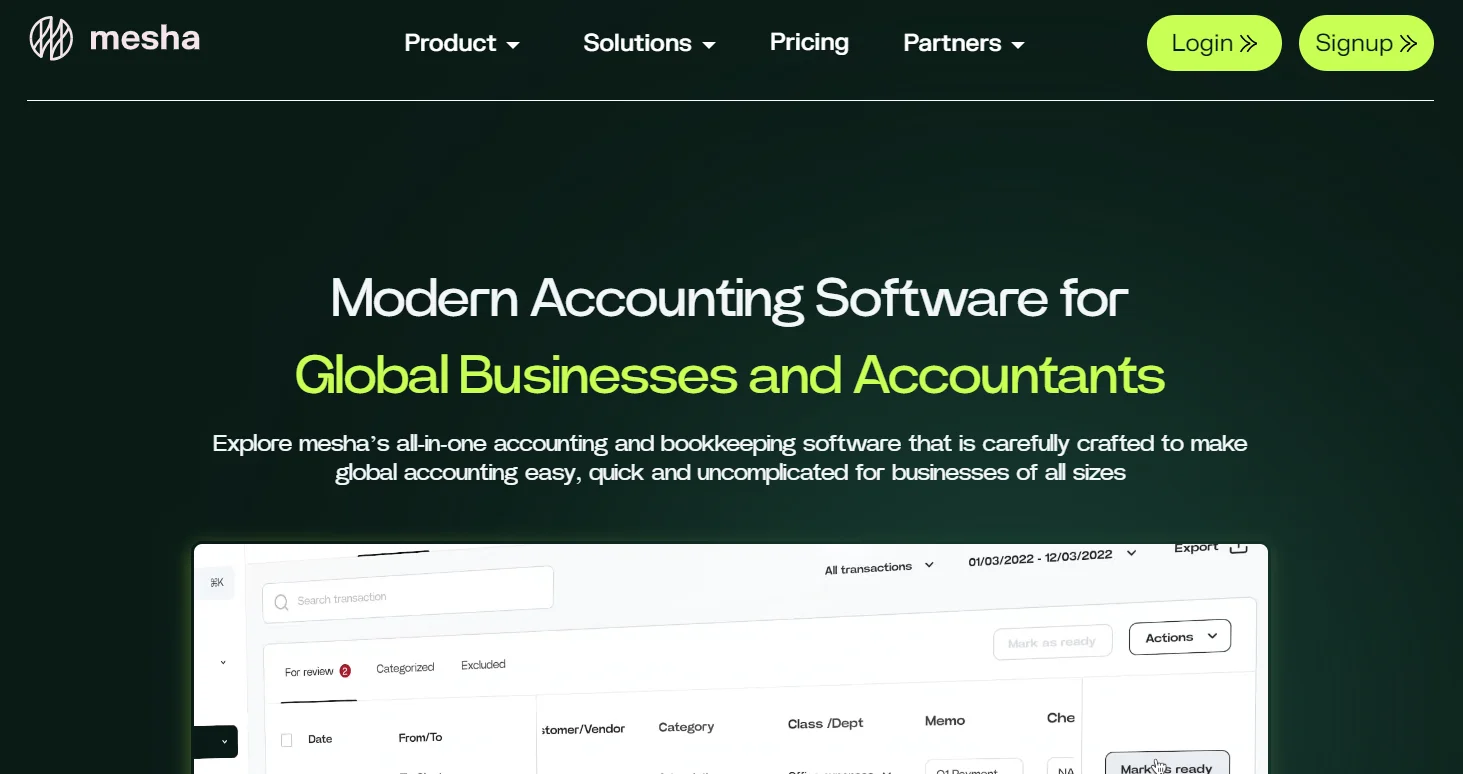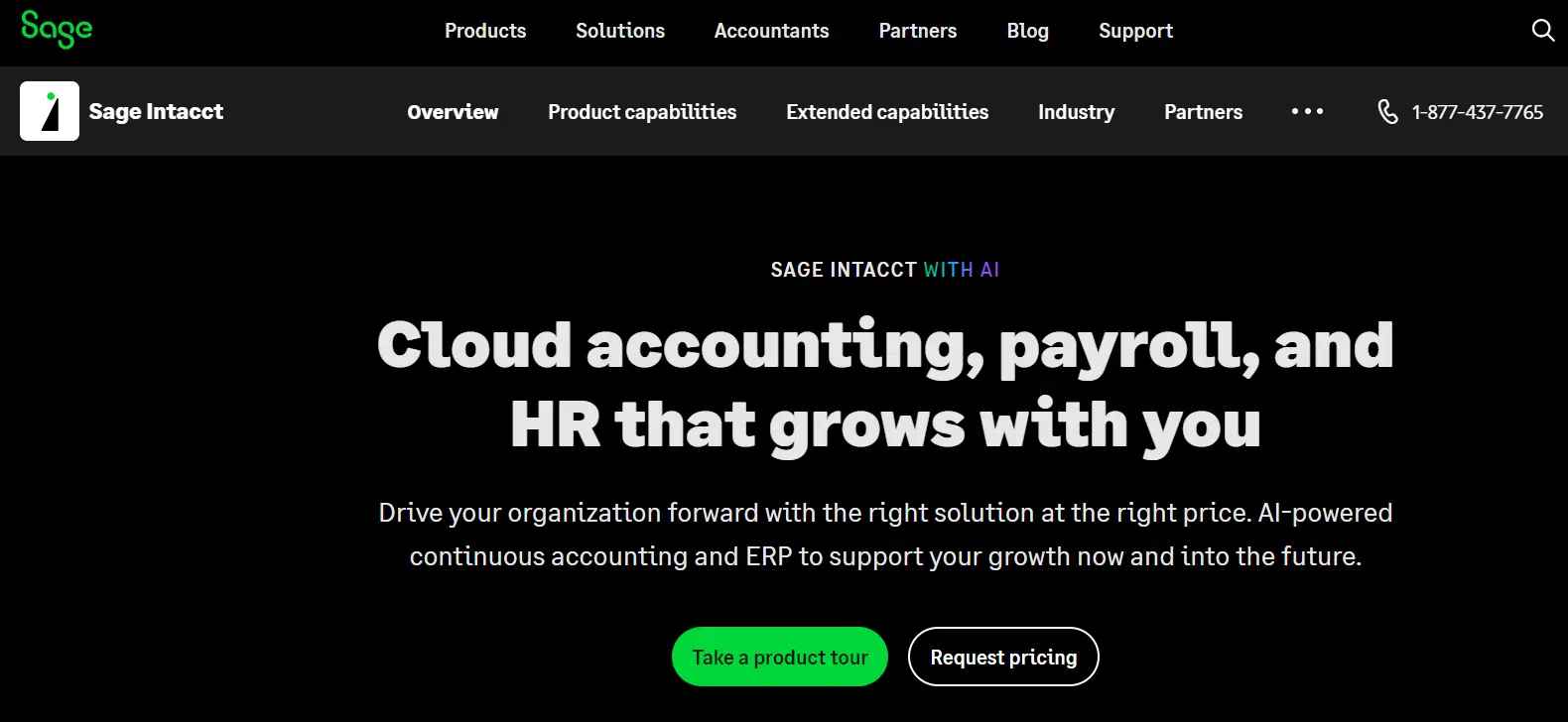AI In Accounting and Finance: How Modern Startups Manage Money

The finance industry faces challenges like manual processes and overwhelming data. However, Artificial Intelligence (AI) offers a transformative solution.
AI automates tasks, eliminating errors and freeing up resources. It also enables AI-powered accounts, and efficient data analysis, providing valuable insights for decision-making.
By integrating AI, finance experiences enhanced productivity, accurate predictions, and improved risk management. The future of finance lies in AI’s ability to revolutionize operations and drive sustainable growth.
In this article, we are going to look into the following:
- What is AI in accounting and finance?
- How will AI affect the accounting and finance industry?
- Will AI replace accountants?
- What are the various use cases of AI in accounting and finance
- Best AI tools for accounting and finance
So, without further ado let’s get started.
What is AI in accounting and finance?
AI in accounting refers to the use of artificial intelligence technology in the field of accounting. AI systems are designed to perform various accounting tasks using advanced algorithms. They can analyze large amounts of financial data, automate repetitive processes, and detect patterns or anomalies in financial transactions.
AI can also assist in generating financial reports, predicting cash flows, and providing insights for decision-making. Overall, AI in accounting aims to streamline and improve efficiency in financial operations by leveraging intelligent algorithms and machine learning techniques.
How will AI affect the accounting and finance industry?
What are the benefits of AI in accounting and finance?
1) Improved accuracy: AI systems excel at performing repetitive tasks with high precision. In accounting and finance, this means AI can handle data entry, calculations, and analysis more accurately than humans, reducing the risk of errors and discrepancies. With AI, financial statements, tax filings, and audits can be carried out with greater reliability and integrity.
2) Time-saving automation: AI technology automates routine and time-consuming tasks, freeing up accountants and financial professionals to focus on more strategic and complex activities. By automating processes like invoice processing, expense management, and reconciliations, AI enhances productivity and efficiency. It enables faster data processing, allowing businesses to make timely financial decisions.
3) Advanced data analysis: AI excels at processing large volumes of data and extracting valuable insights. In accounting and finance, AI algorithms can analyze financial transactions, detect patterns, and identify anomalies or fraudulent activities. These data-driven insights help businesses identify cost-saving opportunities, optimize financial operations, and make informed decisions based on accurate forecasts.
4) Enhanced risk management: AI systems can contribute to robust risk management in accounting and finance. They can monitor financial transactions in real-time, identify suspicious activities, and flag potential fraud or compliance breaches. AI-powered algorithms can also assess creditworthiness, evaluate investment opportunities, and provide predictive analytics to mitigate financial risks. By augmenting risk assessment and detection capabilities, AI strengthens the overall security of financial processes.
5) Streamlined customer experience: AI enables personalized and efficient customer experiences in the accounting and finance sectors. Chatbots and virtual assistants powered by AI can handle customer queries, provide real-time support, and offer customized financial advice. These AI-driven interfaces enhance customer satisfaction, streamline communication, and provide round-the-clock assistance. Additionally, AI algorithms can analyze customer behavior, preferences, and feedback, enabling businesses to tailor their financial products and services accordingly.
What are the negatives of AI in accounting and finance?
1) Job Displacement: AI can replace certain repetitive tasks traditionally performed by humans, which can lead to job losses. For example, AI-powered software can automate data entry, reconciliation, and basic analysis, reducing the need for manual intervention. This may result in fewer job opportunities for accounting and finance professionals.
2) Reliance on Algorithms: AI systems heavily rely on algorithms to make decisions and predictions. However, algorithms are only as good as the data they are trained on. If the input data is incomplete, biased, or inaccurate, it can lead to flawed outcomes. In accounting and finance, relying solely on AI algorithms without human oversight may result in erroneous financial reports or incorrect business decisions.
3) Security Risks: With the increasing use of AI in financial processes, there is a greater risk of cyber threats and data breaches. AI systems deal with vast amounts of sensitive financial information, making them attractive targets for hackers. If unauthorized individuals gain access to AI systems, they can manipulate financial data or exploit vulnerabilities, leading to financial losses and reputational damage.
4) Lack of Human Judgment: AI algorithms are designed to make decisions based on patterns and historical data. While this can provide valuable insights, it may lack the human judgment required to address complex and nuanced financial scenarios. Factors such as ethical considerations, industry-specific regulations, and unique business circumstances often require human expertise, which AI alone may not be able to provide.
5) Limited Accountability: AI systems are not inherently accountable for their actions. If an AI algorithm makes an error or produces biased results, it can be challenging to identify who is responsible. This lack of accountability raises concerns regarding the transparency, fairness, and legality of AI-driven financial decisions. It becomes crucial to establish mechanisms for auditing AI systems and ensuring ethical use of AI in accounting and finance.
Will AI replace accountants?
The question of whether AI will replace accountants is a topic that sparks curiosity and concern. AI has undoubtedly revolutionized various industries, but when it comes to accountancy, it’s not about replacement but rather transformation.
AI technologies are automating repetitive and mundane tasks in accounting, such as data entry and reconciliation. With advanced machine learning algorithms, AI can process large amounts of financial data quickly and accurately. This efficiency allows accountants to focus on more complex and analytical aspects of their work.
Rather than being replaced, accountants will evolve their roles to become strategic advisors. They will utilize AI-powered tools to gather insights, identify patterns, and make informed decisions. Accountants will shift from manual data processing to interpreting and analyzing the financial information provided by AI systems.
AI is a powerful tool that enhances the capabilities of accountants, but it cannot replace their expertise and judgment. Accountants possess critical thinking skills, professional judgment, and ethical considerations that are crucial in their profession. These human qualities are difficult for AI to replicate.
TL:DR: AI will not replace accountants but rather work alongside them, augmenting their abilities and transforming their roles. The collaboration between humans and AI in accounting will lead to increased efficiency, accuracy, and strategic decision-making in the financial realm.
What are the various use cases of AI in accounting and finance?
1) Automated data entry: AI can extract and input data from invoices, receipts, and other financial documents into accounting software, reducing the need for manual data entry.
2) Financial forecasting: AI models can analyze historical data and market trends to provide accurate predictions and forecasts, aiding in budgeting, cash flow management, and decision-making.
3) Expense categorization: AI-powered software can automatically categorize and allocate expenses based on predefined rules, saving time and reducing errors.
4) Audit assistance: AI can assist auditors by analyzing financial records, identifying potential issues, and flagging transactions that require further scrutiny.
5) Compliance monitoring: AI systems can monitor financial transactions in real-time, identifying any compliance violations and generating alerts or reports for further investigation.
6) Process automation: AI can automate repetitive and rule-based accounting tasks, such as generating invoices, reconciling accounts, and preparing financial statements.
7) Tax preparation: AI can analyze financial data, apply relevant tax laws, and generate accurate tax returns, reducing the burden on tax professionals and minimizing errors.
Best AI tools that can help manage your business’s accounting and finance
While there are many AI-based accounting solutions on the market, we have identified some of the best tools worth considering:
1) Mesha.club:

2) QuickBooks:

QuickBooks is a popular AI tool known for its user-friendly interface and comprehensive features. It allows you to track your income and expenses, create and send invoices, manage payroll, and generate financial reports. With its AI-powered automation, you can streamline tasks like bank reconciliation and categorizing transactions, saving you time and reducing errors.
3) Xero:

Xero is another excellent AI tool designed to handle your business’s accounting needs. It offers features like bank reconciliation, invoicing, expense tracking, and financial reporting. Xero’s AI capabilities can automatically import and categorize bank transactions, making it easier to keep your books up to date. It also integrates with other business apps, allowing seamless data sharing and collaboration.
4) Sage Intacct:

Sage Intacct is a powerful AI tool that provides advanced financial management solutions. It offers comprehensive accounting features such as accounts payable and receivable, general ledger, and cash management. Sage Intacct’s AI capabilities enable intelligent insights and forecasting, helping you make informed financial decisions. It also integrates with other business systems, providing a holistic view of your company’s finances.
FAQs
How is AI used in accounting?
AI is used in accounting to automate repetitive tasks such as data entry, transaction categorization, and financial analysis. It can also identify patterns and anomalies in large data sets, helping with fraud detection and risk assessment.
Will CPA be replaced by AI?
AI is unlikely to replace Certified Public Accountants (CPAs) entirely. While AI can handle certain routine tasks, CPAs bring their expertise in interpreting financial information, providing strategic advice, and ensuring compliance with laws and regulations.
Can an AI do accounting?
Yes, AI can perform accounting tasks to some extent. It can process financial data, generate reports, and assist with basic calculations. However, it still requires human oversight to ensure accuracy and make informed decisions based on the information provided by the AI system.
Can AI do my bookkeeping?
AI can certainly assist with bookkeeping tasks. It can automate data entry, organize transactions, and generate basic financial reports. However, it is important to have a human accountant or bookkeeper review and analyze the information to ensure accuracy, resolve complex issues, and provide valuable insights for business decision-making.
Conclusion
In conclusion, AI is revolutionizing the field of accounting and finance. It simplifies tedious tasks like data entry and analysis, allowing professionals to focus on more strategic and value-added activities. AI’s predictive capabilities aid in making informed decisions and reducing risks. With its ability to detect patterns and anomalies, it enhances fraud detection and improves auditing processes. As AI continues to evolve, accountants and finance professionals must embrace it as a powerful tool that enhances their work efficiency and effectiveness, ultimately driving growth and success in the industry.


